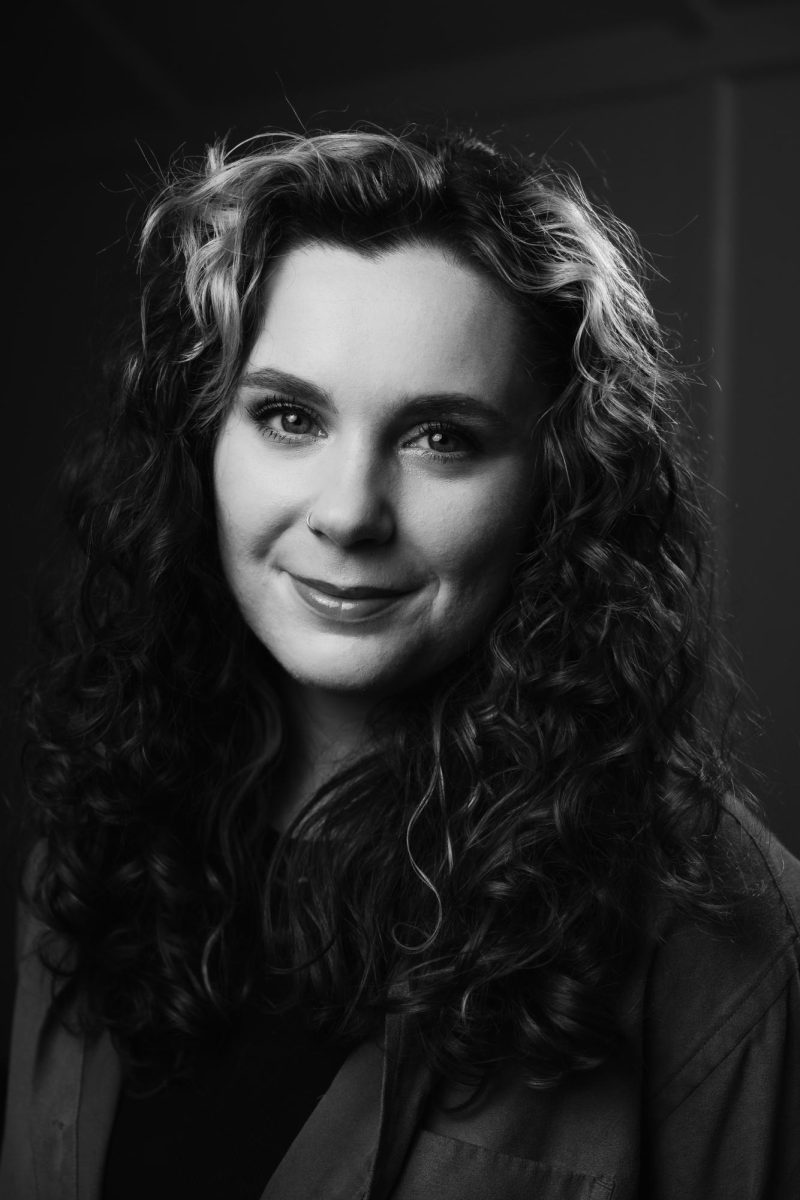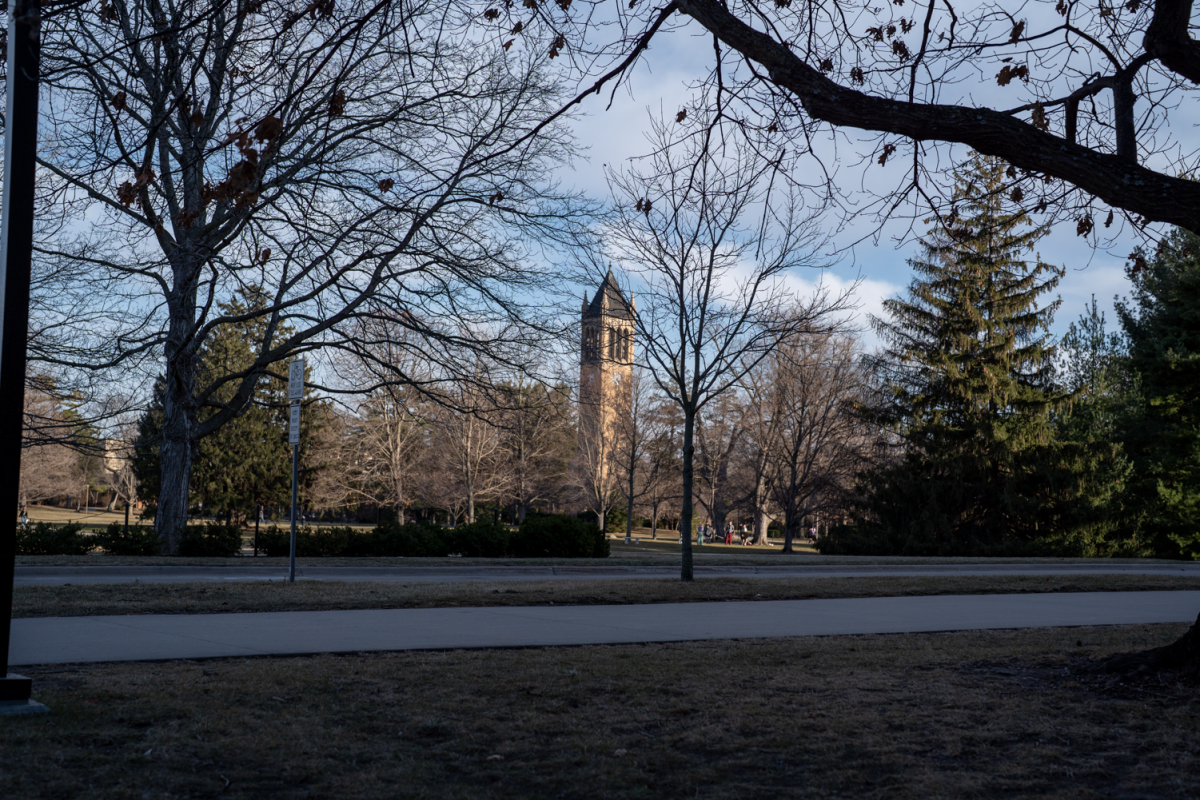Unity important for new college to succeed, says dean candidate
May 3, 2005
Updated at 5:32 p.m. CDT May 3, 2005
The new College of Human Sciences at Iowa State won’t be successful unless its faculty, students and alumni believe its formation is a positive development, a candidate to become dean of the college said Tuesday.
During an open forum in the Memorial Union, Jeffrey McCubbin, an associate dean in the College of Health and Human Sciences at Oregon State University, said the first and most important task of the new dean would be to effectively communicate the new college’s mission to the ISU community.
The College of Human Sciences will be formed July 1 with the combination of the College of Education and College of Family and Consumer Sciences.
“The process of moving forward with the new college is going to take eight to 10 years,” he said. “The most important thing to change, I think, is the willingness of the faculty to say [it] can work.”
McCubbin said he was heavily involved with a merger of two colleges at Oregon State in 2002. That experience, however, did not give him any special insight into assuring a smooth transition for the combination at Iowa State, but, said it did teach him one valuable thing.
“I probably have a much better appreciation for how hard it is,” he said.
McCubbin, the third of four candidates to interview on campus for the job, presented his ideas on the roles the dean of the new college should play. He said he was particularly excited about the similarities between the university 2005-10 Strategic Plan and the mission of the new college.
“This unit smacks right in the middle of this strategic plan,” he said, citing five of the new colleges priorities that are mirrored in the Strategic Plan.
Oregon State has many similarities to Iowa State, McCubbin said. Both have strong land-grant heritages and traditions of research. Both struggle to recruit and retain top-quality faculty, he said, because the campuses are located in smaller, rural communities that may not have job opportunities for husbands and wives. McCubbin added that Iowa State and Oregon State both face the difficulty of maintaining a diverse faculty.
Iowa’s current budget crunch, though – during which tuition has skyrocketed, university salaries have frozen and enrollment, employment and number of academic programs have shrunk since the late 1990s – is not comparable to perpetual money and poverty crises in Oregon, McCubbin said.
“It’s a bump relative to what we have looked at over the last 10 to 12 years,” he said.
He added that he believed it was easy for an academic unit to become too broadly based and that consciously evaluating whether Iowa State is or could be “great” in a particular program would be important.
“My guess is that you’re trying to do more than you [can] do very well,” he said. “You can’t continue to do everything else and add programs when resources are stable at best.”
Irene Beavers, professor emerita of family and consumer sciences education and studies, said she thought McCubbin understood well the situations involved in combining the colleges. She said her reaction to the combination “was not negative” but that ISU faculty, staff and alumni may not be as accepting of the combination as McCubbin hopes.
McCubbin has several roles at Oregon State, where he has taught for 18 years. He is professor and associate dean for graduate studies and research in the College of Health and Human Sciences, interim associate dean for extension and outreach and director of the graduate program in movement studies in disability – a program he helped create.
McCubbin will participate in a diversity forum at 11 a.m. Wednesday in 302 Catt Hall. Two candidates for the dean position interviewed last week, and the fourth, Cheryl Achterberg of Penn State University, will interview Thursday and Friday.














